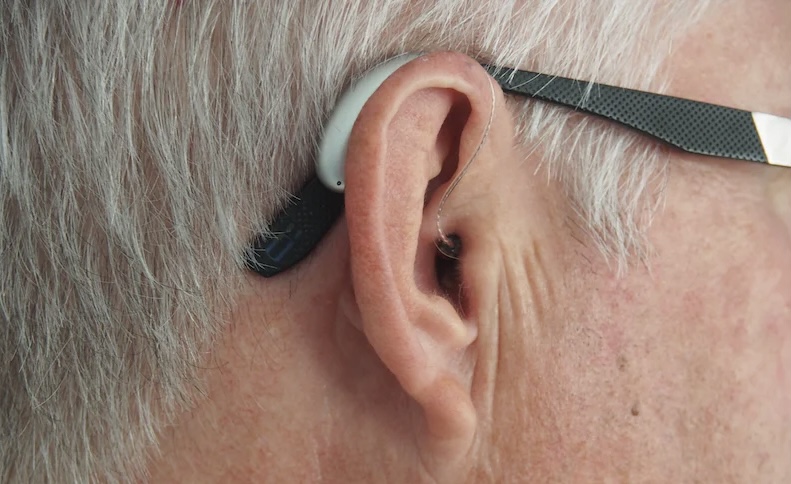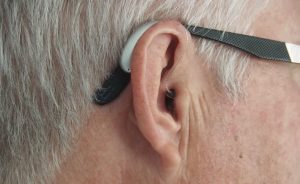
Medicare does not cover all medical expenses.
Many Americans must enroll in Medicare at age 65.
This transition from private or business insurance can trigger mixed feelings.
For some, reducing paying for expensive insurance premiums is a welcome change.
For others, Medicare means entering a new aging stage and navigating a different type of healthcare.
According to a recent AARP article titled “10 Things Medicare Doesn’t Cover,” Medicare does not cover all medical expenses.

Hearing aids are not typically covered under Medicare.
What are common healthcare costs not covered?
Opticians and eye exams.
Routine optical issues like contacts, glasses, and eye exams are not covered.
One will need to purchase an Advantage plan with these benefits.
If you are to require ophthalmologic expenses like cataract surgery, original Medicare does provide the coverage.
Hearing aids.
Although many medical ear-related conditions are covered, Medigap and the original Medicare plans do not cover hearing aids or routine hearing tests.
With a Medicare Advantage plan, you may be able to purchase either insurance or a discount plan membership to help cover hearing aid costs.
Those with lower incomes maybe be able to receive support from some programs.
Another option would be to pay for the device as you go.
If hearing loss is mild or moderate, drugstore rather than prescription hearing aids may be sufficient.
Dental work.
Dental work like root canals, dentures, and even routine checkups are not covered under Medigap policies or original Medicare.
Although some Medicare Advantage plans do provide coverage, you can get a discount plan for individual dental insurance if your plan does not cover dental.
Overseas care.
When traveling abroad, your original Medicare will provide minimal or no coverage for medical care outside of the United States.
Most Advantage and Medigap plans also provide little to no coverage, but some Medigap policies will cover certain healthcare expenses abroad.
Those who travel frequently may prioritize one of these plans or a travel insurance policy with primary health care coverage.
When traveling abroad, you should look into medical evacuation insurance.
Podiatry.
Feet get left out of coverage unless you have Part B to provide for some nerve damage treatments or foot exams related to diabetes.
Care for certain foot ailments and injuries may also be covered by Medicare Part B.
Another option is to use a separate savings program.
Cosmetic surgery.
You can only afford plastic surgery stitching and reconstruction if it is required after another treatment or results from an accident injury.
Again, a separate savings program could prove helpful in addressing these expenses.
Chiropractic care.
Because original Medicare does not cover tests, x-rays, or services ordered by a chiropractor, you should consider a Medicare Advantage plan with this benefit if you rely on these professionals.
Choosing a Part B plan will only allow for one manual spinal manipulation to correct vertebral subluxation.
Because many chiropractors have limited work with insurance, your chiropractor may offer payment plans.
Massage therapy.
Some Medicare Advantage may cover massage therapy plans.
Nursing home care.
Only limited time in rehab facilities will be covered under Medicare.
If you become ill or unable to live independently, the plans will not cover the costs of nursing homes or assisted living facilities.
Concierge care.
If your physician requires a membership fee to be treated, the fees themselves will not be covered by Medicare.
If you are switching to a Medicare plan this year, carefully review your options to select the best one for you and your needs.
While you are at it, ask your financial advisor for assistance with budget projections for uncovered medical expenses and establishing a fund to pay for them.
Reference: AARP (April 11, 2023) “10 Things Medicare Doesn’t Cover”
REMEMBER: “The choice of a lawyer is an important decision and should not be based solely upon advertisements.”
This statement is required by rule of the Supreme Court of Missouri.
